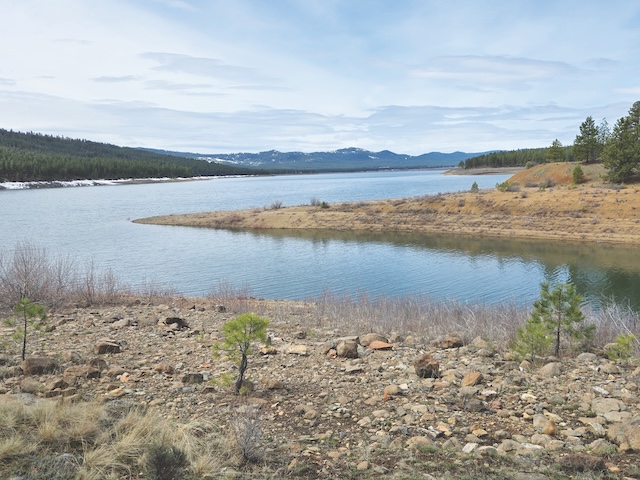Water safety tips to stay safe while ‘boating, floating, or splashing around’
Published 9:24 am Wednesday, July 16, 2025

- Wearing a life jacket is the best way to stay safe around bodies of water. (Courtesy photo: Fred Joe Photo, Metro)
As temperatures continue to rise with this hot, dry summer, many folks are flocking to lakes and rivers to cool off.
Metro Regional Government is reminding those beating the heat to stay safe while on or near the water.
“We want people to have fun and to enjoy this region’s natural beauty, but we also want them to stay safe,” said Jon Blasher, Metro Parks and Nature director. “Even good swimmers can get into trouble in natural water.”
Trending
Lakes and rivers pose hazards such as hidden snags, strong currents, and sudden drop-offs. Also, many rivers in the region are glacier-fed and stay surprisingly cold year-round. When air temperatures are significantly higher than water temperatures, transitioning from one to the other can cause bodies to go into shock.
Whether boating, floating or just splashing around, here are some safety tips:
- Wear a life jacket
- Enter water cautiously and feet-first
- Keep an eye on children in or around water
- Swim with a buddy
- Boat and swim sober
Metro Parks and Nature stocks life jackets that visitors can borrow for free at all of its boat ramps and parks with water access. There are many free life jacket stations along the Sandy River, including Glenn Otto Park. Learn more at oregonmetro.gov/watersafety
Metro is pursuing other strategies to keep Oregonians cool. Along with life jackets at parks and boat ramps, the agency is distributing about 4,000 free life jackets this summer through community events and partner organizations. Approximately $8 million from the voter-approved 2018 Affordable Housing Bond is being allocated toward installing air conditioners in new apartments. The Oregon Convention Center can also be activated by Multnomah County as an emergency cooling shelter.







